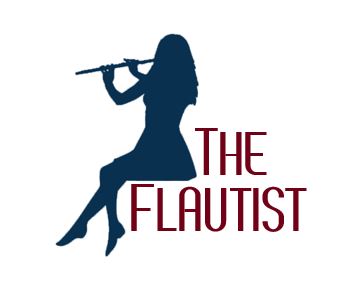lensky’s aria
by Pyotr Ilyich Tchaikovsky
lensky’s aria
by Pyotr Ilyich Tchaikovsky 1840-1893
Lensky’s Aria is from Peter IIyich Tchaikovsky’s 1879 opera Eugene Onegin based on Pushkin’s novel of the same name.
For more on Tchaikovsky here is a profile:
Click Here
The Story
Onegin, a Russian socialite whilst attending a ball with his friend Lensky, becomes an object of enchantment for a young woman named Tatyana. She is the sister of Lensky’s fiancée Olga and when Tatyana declares her love for Onegin in a letter, he spurns her. Onegin later attends
Tatyana’s name day celebration and in a fit of revenge over the gossip he overhears, he flirts with Olga and precipitates a duel with Lensky.
The Scene
The Aria is set on the banks of a wooded stream in Russia the night before Lensky is due to duel. Lensky is filled with reflection, passion, regret and fear and anguish.
The Piece
The opening Adagio sostenuto e doloroso is expressing “where, where, where have you gone, my golden day of spring?” This refection on the past is embellished with a melodic and very expressive cadenza ending with a beautiful operatic sigh before leading into the Andante section.
The Andante sostenuto is filled with anticipation of what is coming Lensky’s way with the duel.
”What does the coming day hold for me?” The melody is full of richness and passion as it weaves its way through heartfelt love, regret, and fear. Full operatic phrasing and tone is required here.
The Piu mosso e agitato reflects what might happen the next day in the duel “when sunbeams part in the morning, and the bright day reigns, will I, perhaps, might descend into mysterious darkness
of my tomb?” this section definitely reflects a questioning quality and builds to an emotional and dramatic climax with the high C on the flute. Here he realises he is going to die the next day. The short Lento section “the world shall forget me, but you , you Olga!?” Is a desperate sigh by Lensky of a love lost and what might have been?
Tempo 1 “Ah Olga, I did love you, to you alone I devoted the gloomy dawn of my troubled life”.
Here the Melody recaps with a deeper passion and declaration of love leading into the Largamente which is full of depth, romance and passion, then the appassionato “yes, Olga, I did love you!” Sighs with a declaration that he loved Olga before easing into the Tranquillo “where, oh where have you gone?” which winds gently down to an exhausted sigh and acceptance concluding on the held final note.
Pieces
Flute Pieces
Interviews
Members Section
Guides
Foundation Tools
Resources
Contact
Eileen Gilligan
Phone: +61 411 026 182
Email: eileen@theflautist.com
Copyright 2021: Marketing Express Pty. Ltd.
All Rights Reserved
